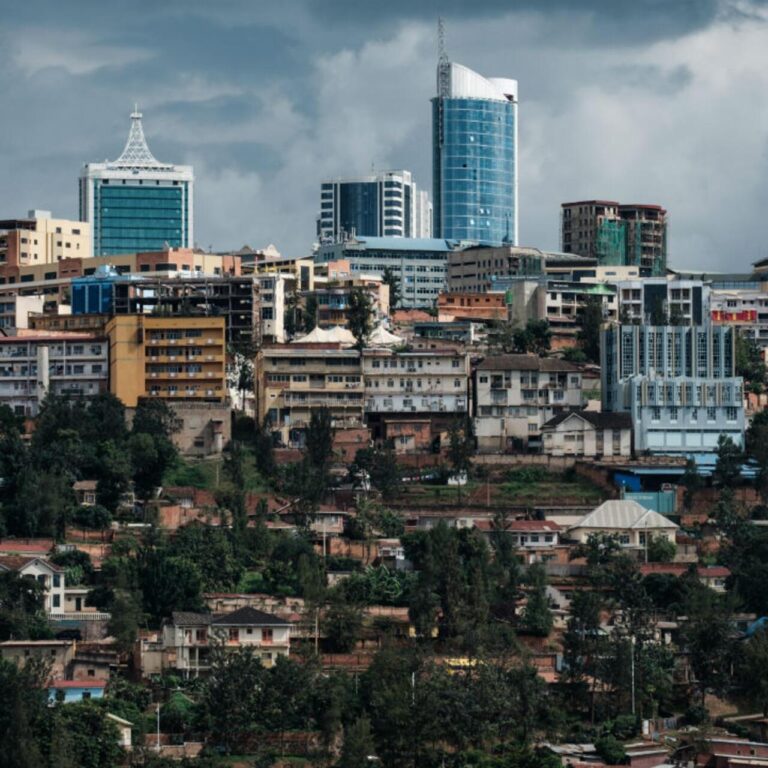Introduction to Rwanda’s Community Health Workers
In Rwanda, community health workers (CHWs) are playing a pivotal role in improving child survival rates. These dedicated volunteers bring essential healthcare services directly to the households, deeply impacting the well-being of children across the nation.
The Importance of Child Health in Rwanda
Child health is a critical issue in Rwanda, where many children face life-threatening conditions due to preventable diseases. The CHWs focus on providing basic health education and access to essential treatments, significantly contributing to the reduction of child mortality.
How CHWs Are Making a Difference
Through door-to-door outreach, CHWs educate parents about nutrition, hygiene, and the importance of seeking medical care. This grassroots approach ensures that caregivers are informed and empowered to make healthier choices for their children.
Training and Support for CHWs
Rwanda’s government has developed robust training programs to equip CHWs with the skills they need. This training not only covers health-related topics but also builds their confidence and encourages community engagement.
Challenges and Opportunities
Despite the significant progress made, CHWs face challenges such as resource limitations and the need for ongoing support. Addressing these challenges is essential for sustaining and enhancing their impact on child health in Rwanda.
The Role of External Organizations
Organizations like The Borgen Project play a crucial role in supporting CHWs in their efforts. Programs and initiatives aimed at boosting the capacity of these volunteers can be found at Borgen Project, where ongoing efforts aim to fortify child health strategies further.
Conclusion: A Brighter Future for Rwanda’s Children
the dedication of Rwanda’s CHWs is a testament to the power of community-driven solutions in child health. As these volunteers continue to work tirelessly, the future looks brighter for children across Rwanda, highlighting the vital importance of supporting and investing in local health initiatives.

